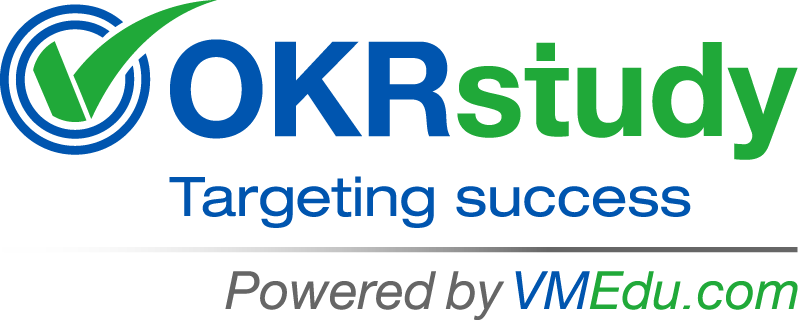6.2.2.1 Meetings and Discussions
Meetings enable teams and leaders to collaboratively draft and refine OKRs, ensuring clarity and alignment. The discussions need to focus on reviewing company vision, mission, and strategic priorities with the involvement of leadership and stakeholders to ensure alignment.
For more information, see section 4.7.
6.2.2.2 Expert Guidance
Internal or external OKR specialists provide validation on the quality, feasibility, and alignment of objectives and key results. They provide strategic insights, ensure alignment with business priorities, and help craft clear, measurable, and achievable key results. Their experience aids in avoiding common pitfalls, refining focus, and driving accountability. Leveraging expert input enhances clarity, motivation, and execution, ensuring a successful and impactful OKR implementation.
6.2.2.3 Cross-team Collaboration
Cross-team collaboration is essential for successful OKR implementation. It fosters alignment, ensures transparency, and encourages knowledge sharing across departments. By working together, teams can break silos, coordinate efforts, and drive collective success. Effective collaboration enhances accountability, resolves dependencies, and accelerates progress toward shared goals, making OKRs a powerful tool for achieving company-wide strategic objectives.
6.2.2.4 AI-enabled Digital OKR Tool
A digital OKR tool, such as Vabro, streamlines OKR implementation by providing a centralized platform for goal setting, tracking, and alignment. It enhances visibility, ensures real-time progress monitoring, and fosters accountability. With automation, integrations, and data-driven insights, a digital tool simplifies OKR management, improves team collaboration, and drives performance, making the OKR framework more efficient and scalable.
For more information, see section 4.5.1.
